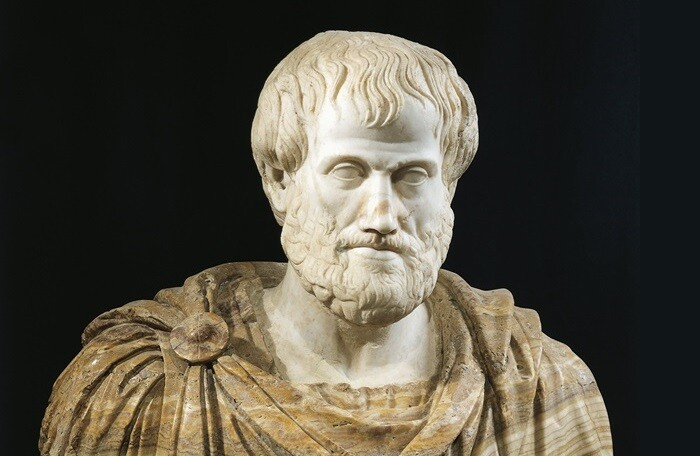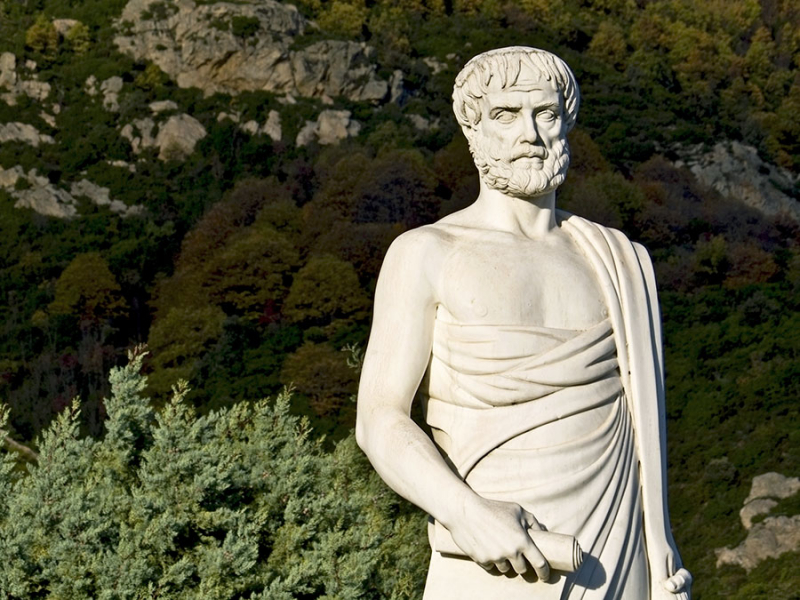Aristotle
Aristotle was referred to as "the master" or "the philosopher." His parents, who work in the medical industry, raised him. King Philip hired him to instruct his son, Alexander the Great, as word of his fame had spread widely. Then Aristotle left for Athens where he worked briefly with Plato before striking off on his own.
He started the Lyceum, a tiny college. The "lycees," French secondary schools, are named after this endeavor. He enjoyed moving around when lecturing and having discussions. His adherents are "peripatetics," or "wanderers."
Lecture notes from his various books. Aristotle was intrigued by how many things operated and questioned how everything in the world functioned. He saw philosophy as the study of sensible knowledge. There are over 200 manuscripts in his works. Only 31 have stood the test of time, though. His novels were used as instructional tools in his school rather than being regarded as literary masterpieces. His writings contain four different perceptual systems: Organon, Metaphysics, Rhetoric, and Poetics, which when combined offer a comprehensive perspective to life's big concerns.













